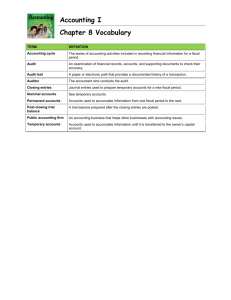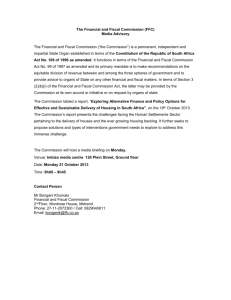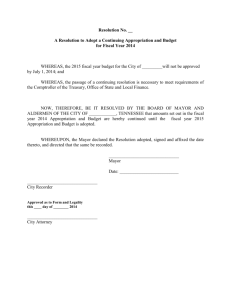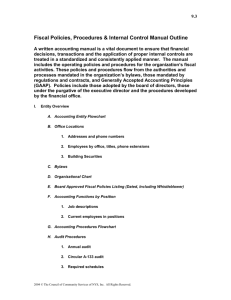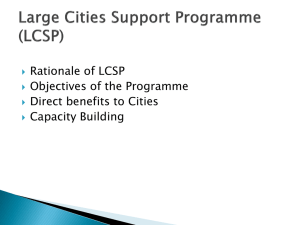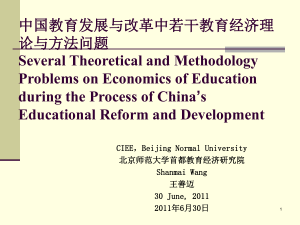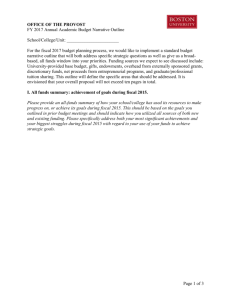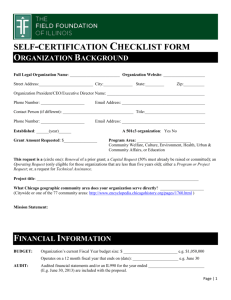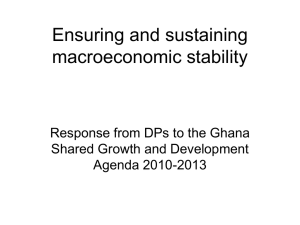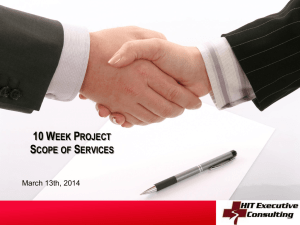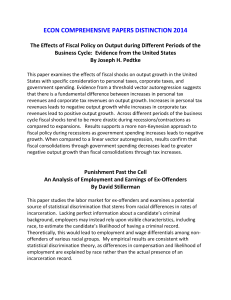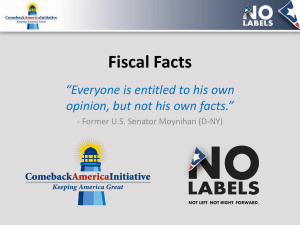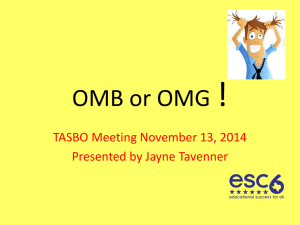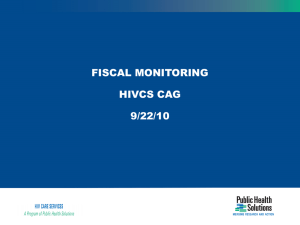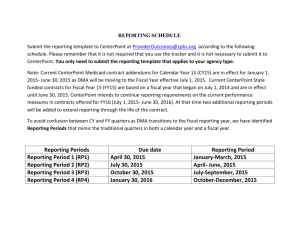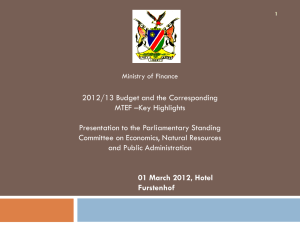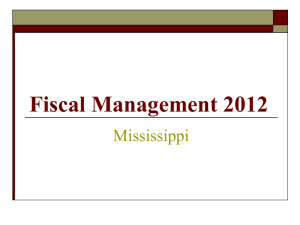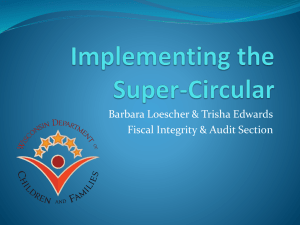Korea`s experience with public participation
advertisement
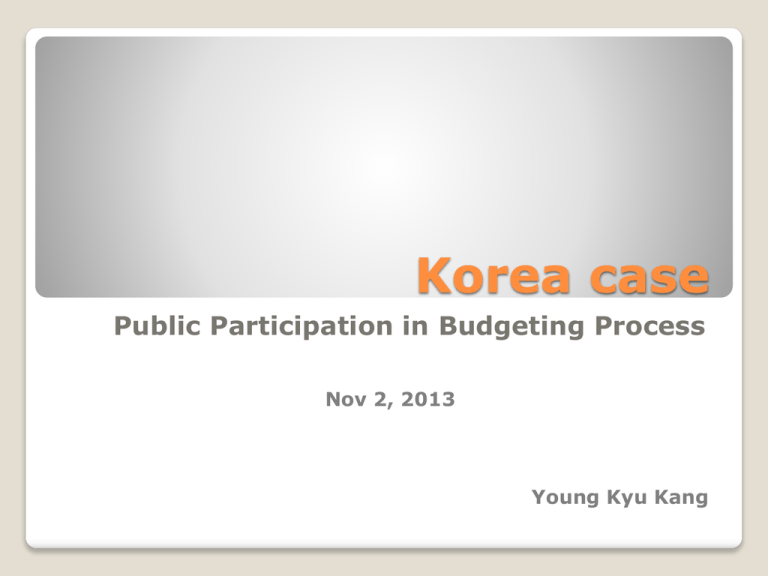
Korea case Public Participation in Budgeting Process Nov 2, 2013 Young Kyu Kang What motivated and how could Korea to foster Public participation? External background - Social trend: Citizens’ awareness of and demand for transparency heightened Internal motivation - Consensus for Fiscal reform emerged - MTEF, PBB and IFMIS introduced during 2003-2007 - Was raised the issue how to set multi-year ceilings of MTEF to have justification To meet social trend and justify resource allocation including ceilings, stakeholders’ participation mechanisms were devised and aligned with budget process while pursuing fiscal reforms Korea’s Public Participation Mechanisms Open Discussion for the Public Purpose Mechanism For high cost and disputable projects, Budget authority gets diverse stakeholders’ arguments, inform the issues to the public and get the opinion of the public and reflect the results into ceilings - Each sector addresses two or three agenda - Panel is consisted of experts, NGOs, government entities (Line ministries and BO) - The public can participate and ask questions to the panel - Entire sessions (90 minutes for each session for the sector) are broadcasted Feedback - Given that number of agenda is limited and agenda focus on broad policy direction, there’s an argument that ODP is weak in feed-backing the results into resources allocation - However, in medium-term ODP influence resource allocation ODP feedback on Budget Allocation for Social Welfare Sector Methods - One sector, social welfare, was selected and traced during 2005-2012 - Most frequent topic were ‘Childcare’ and ‘Public Health Insurance’ 5 times and 3 times each out of 9 ODPs - The team compared what have been discussed and what have been changed in programs and resource allocation Childcare - High priority on Childcare in resource allocation 27.2% growth comparing with 8.5%, 2005-13 - Expansion on the target group low income to all households - Introduction of monthly allowance introduced in 2009 Public Health - Governance reform and incentives for health providers are required No big change - Fiscal stability is needed considering increase in demand 6.2% growth comparing with 8.5%, 2005-2013 Other mechanisms Meeting with Local Govt and Field Trip - BO visits and explains the fiscal policy direction and broad fiscal envelop - LGs appeal regional project Fiscal Advisory Committee - BO get opinions from experts, LMs and local govt. on fiscal matters Assembly Expert Hearing - National Assembly host experts hearing on whether the budget draft is proper - The hearing is broadcasted to the public Budget Wastes Reports - Budget authority operates call center - Citizens can report the cases of budget wastes Public participation in Audit - Citizens can ask audit on specific programs - The results of audit are informed to the citizen Thank you For more details, can be checked out following sites; PREM Note: http://siteresources.worldbank.org/PUBLICSECTORANDGOVERNANCE/Resources/2 85741-1361973400317/GPSM_Korea_v4.pdf World Bank Blog: http://blogs.worldbank.org/governance/public-participation-budget-processrepublic-korea
